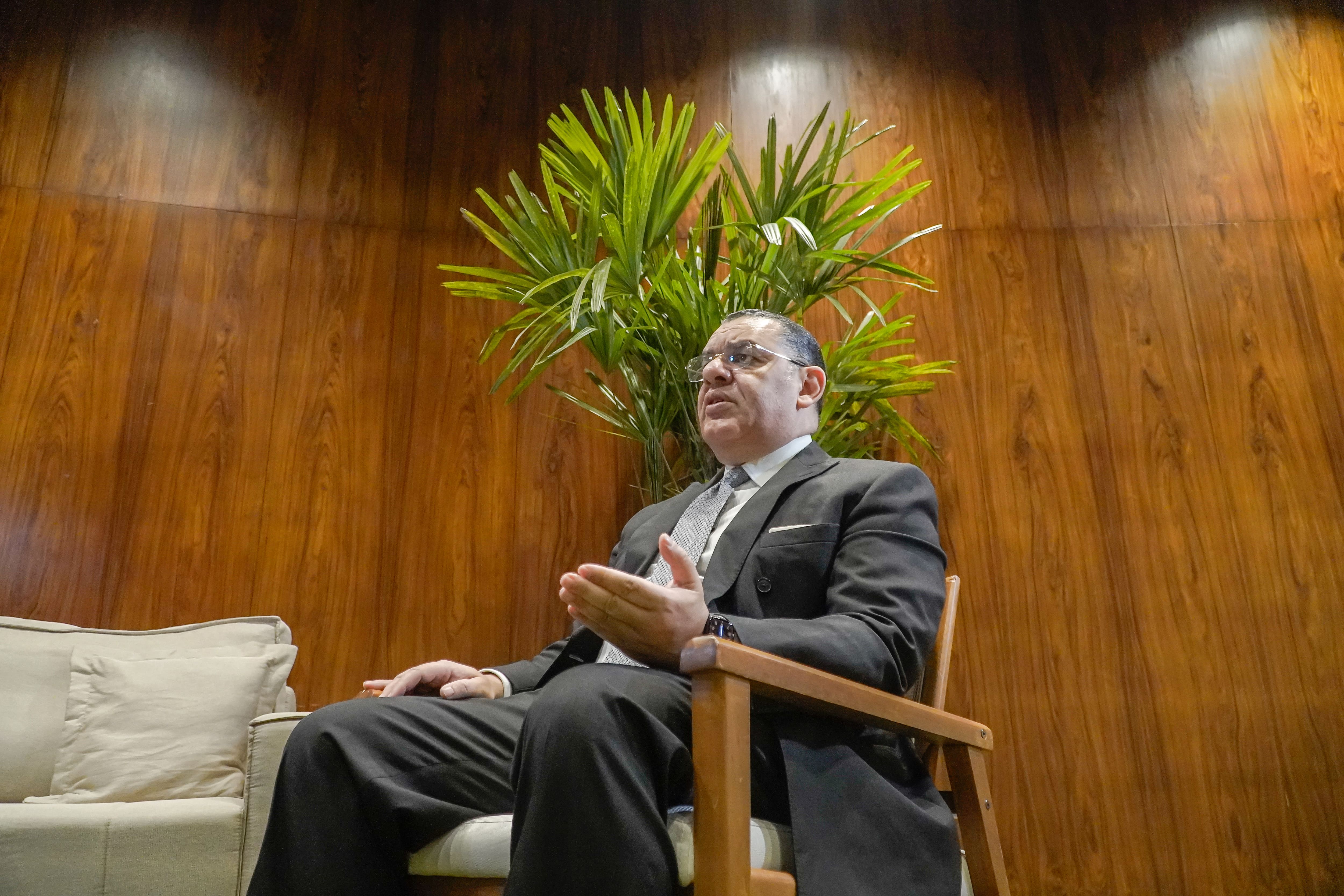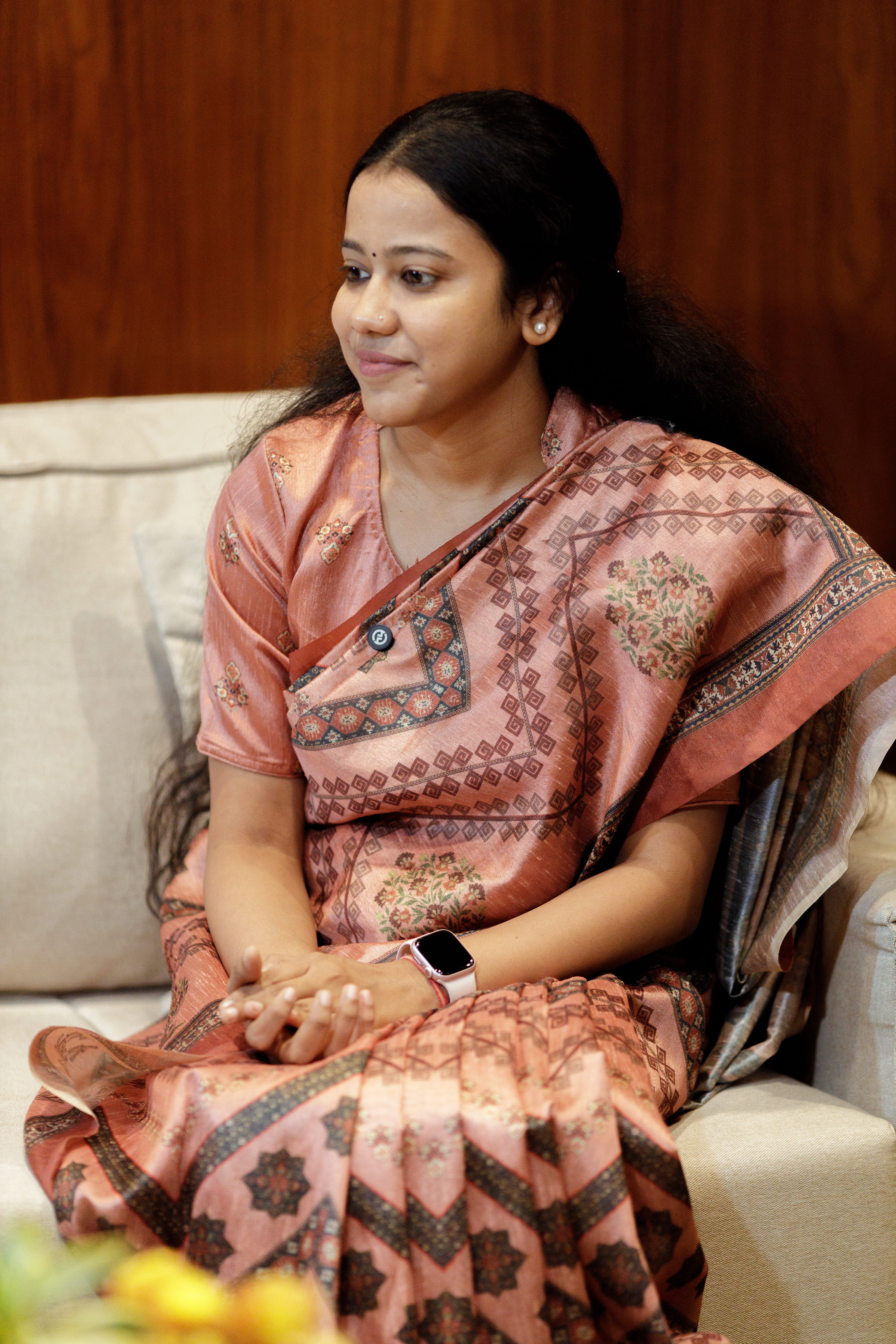BRICS strengthens commitment to peace and multilateralism in the Middle East and North Africa
Meeting in Brasilia, BRICS Vice Ministers and Special Envoys approve a joint declaration on the conflicts in the Middle East and North Africa, with emphasis on respect for international law, self-determination of peoples, and the inclusion of regional voices.

By Inez Mustafa/ inez.mustafa@presidencia.gov.br
The peaceful resolution of conflicts, strengthening multilateralism, and respect for international law were at the center of the discussions held by MENA —the forum’s Middle East and North Africa group. Gathered in Brasilia on March 27-28, BRICS Vice Ministers of Foreign Affairs and Special Envoys for the region approved a joint declaration on the current situation of conflicts in the region.
“BRICS MENA is an effort the group has been working on since 2011, to dedicate to this region, which presents several conflicts and very diverse and particular situations," stated Ambassador Carlos Duarte, Vice Minister for Africa and Middle East at Brasil’s Ministry of Foreign Affairs (Ministério das Relações Exteriores/MRE).
One of the main issues discussed at the meeting is the conflict between Israel and Palestine, Duarte explained. “We are currently witnessing a breach of the ceasefire and an escalation of Israeli attacks on the Gaza Strip. This situation is of great concern due to the humanitarian conditions in Gaza and the broader implications of this conflict,” he declared.
Peaceful Resolution of Conflicts

During the group’s 11th meeting, the need to ensure “the resolution of conflicts through peaceful means, including political and diplomatic efforts, based on full respect to international law,” as stated in the declaration. “We always seek to base ourselves on the principles of the United Nations Charter, such as the peaceful settlement of disputes and the self-determination of peoples, which is a key point in the case of the Palestinian conflict—one that has deeply affected local populations as well as the region and the world,” argued Duarte.
Yasser Elwy, an advisor to Egypt’s Ministry of Foreign Affairs, stressed the importance of MENA due to its regional and global influence for the peaceful resolution of conflicts in the region. In addition to the Israeli-Palestinian conflict, the group advocated for the end of the wars in Lebanon, Yemen, and Sudan, and maritime security —particularly in the Red Sea. The joint declaration “is a step towards building a broader consensus on very important issues for the world today,” stated Elwy.
Strengthening Multilateralism

In the declaration, the group states that strengthening multilateralism is one of the means to promote and ensure peace, stability, and the development of the region. “Multilateralism is a required condition for the international system to work, a system that represents the majority of the world’s population,” stated Yasser Elwy. A representative global governance is key for the region and the world, he concluded.
The BRICS countries expressed concern over the unilateral measures imposed in the region, as they contradict the group's commitment to multilateralism. These measures include unilateral economic sanctions that violate international law and have severe implications for human rights and development in the region. According to Bhawana Kumari, a representative of India’s Ministry of Foreign Affairs, “It is through multilateralism that we can reach a shared understanding, enabling us to foster regional peace, stability, and development.”
Kumari also highlighted the importance of listening to the regional voices within the group: “Whenever we are discussing a region, if the countries of this specific region are present to share their points of view, the approach will always be inclusive.”
In 2023, the BRICS group expanded to include Egypt, the United Arab Emirates, Ethiopia, Indonesia, Iran, and Saudi Arabia. According to Duarte, this expansion has influenced discussions at the meeting dedicated to the Middle East and North Africa, as the inclusion of regional countries allows for a broader dialogue on key issues such as regional development, maritime security, and the fight against terrorism.
Peace promotion and regional stability
In the BRISC MENA joint declaration, the countries highlighted the vital role of the United Nations Interm Force in Lebanon (UNIFIL) in promoting regional stability and condemned any attacks against the mission’s infrastructure and personnel — acts that violate international law and UN Security Council resolutions. They also reiterated the need to ensure safety and freedom of movement of all UN forces in the region.